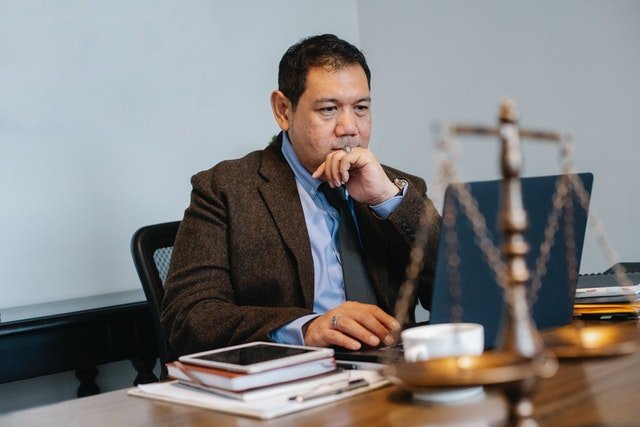In today’s increasingly diverse and dynamic society, the promotion of equality and the eradication of discrimination are paramount. The Equality Act serves as a cornerstone of legislation aimed at fostering inclusivity and ensuring fairness for all individuals, irrespective of their race, gender, disability, or other protected characteristics. Adequate consultation under the Equality Act is a fundamental aspect of promoting equality and facilitating meaningful participation in decision-making processes. In this comprehensive article, Irtaza Bilal, the esteemed Founder of Go Daughters, delves into the importance of adequate consultation under the Equality Act and examines its implications for promoting inclusivity and fairness in society.
Understanding the Equality Act
The Equality Act 2010 is a landmark piece of legislation in the United Kingdom that brings together and strengthens previous equality laws. It provides a comprehensive framework for combating discrimination and promoting equality across various domains, including employment, education, and public services. The Act identifies nine protected characteristics, including age, disability, gender reassignment, marriage and civil partnership, pregnancy and maternity, race, religion or belief, sex, and sexual orientation.
The Role of Consultation in Promoting Equality
Consultation plays a crucial role in the effective implementation of the Equality Act, as it ensures that individuals and communities affected by policies, decisions, and practices have the opportunity to express their views and influence outcomes. Adequate consultation under the Equality Act is characterized by inclusivity, transparency, and meaningful engagement with diverse stakeholders. It enables decision-makers to identify and address potential barriers to equality, gather relevant information and perspectives, and make informed decisions that reflect the needs and interests of all stakeholders.
Key Principles of Adequate Consultation
- Inclusivity and Diversity:
Adequate consultation under the Equality Act must be inclusive and accessible to individuals from diverse backgrounds and communities. Efforts should be made to reach out to marginalized and underrepresented groups, ensuring that their voices are heard and their perspectives are considered in decision-making processes. Consultation methods should be tailored to accommodate different communication preferences, languages, and accessibility needs, thereby promoting equal participation and representation.
- Proportionality and Reasonableness:
Consultation processes should be proportionate to the nature and impact of the decision under consideration. While some decisions may require extensive consultation with a wide range of stakeholders, others may only necessitate targeted engagement with directly affected individuals or groups. The level of consultation should be commensurate with the significance of the decision and the potential implications for equality and diversity.
- Transparency and Accountability:
Adequate consultation under the Equality Act should be transparent and accountable, with clear procedures, objectives, and timelines communicated to stakeholders. Decision-makers should provide feedback on the outcomes of consultation processes, explaining how stakeholder input has been taken into account and how decisions have been reached. Transparency fosters trust and confidence in the consultation process, enhancing its credibility and effectiveness in promoting equality.
Conclusion: Advancing Equality Through Consultation
In conclusion, adequate consultation under the Equality Act is essential for advancing equality, promoting inclusivity, and ensuring fairness in society. By engaging with diverse stakeholders, listening to their perspectives, and incorporating their feedback into decision-making processes, decision-makers can identify and address systemic barriers to equality and create policies and practices that reflect the principles of fairness, dignity, and respect for all individuals.
As Irtaza Bilal emphasizes, consultation is not merely a legal requirement—it is a fundamental aspect of democratic governance and social justice. By upholding the principles of inclusivity, transparency, and accountability in consultation processes, we can build a more inclusive and equitable society where all individuals have the opportunity to thrive and contribute to the common good. Through collective efforts and meaningful dialogue, we can harness the transformative potential of consultation to create a world where equality is not just a legal obligation, but a lived reality for all.




